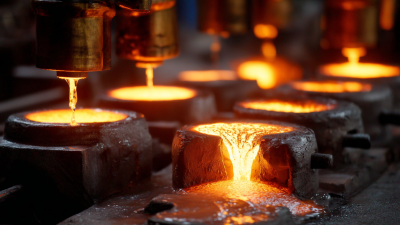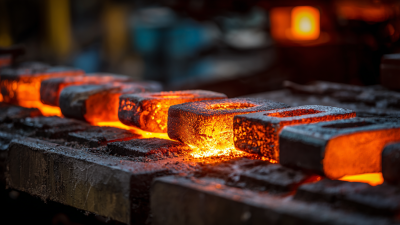In the rapidly evolving world of manufacturing, enhancing efficiency in Precision Metal Casting has become a critical focus for industry leaders. According to a recent report by IBISWorld, the metal casting industry is poised to generate approximately $32 billion in revenue by 2024, underscoring the demand for improved techniques and streamlined processes. As manufacturers grapple with rising material costs and increased competition, optimizing precision metal casting methods can lead to significant reductions in operational expenses and improvements in product quality. A study by the American Foundry Society indicates that adopting advanced technologies such as simulation and automation can increase casting yield by as much as 20%, highlighting the potential benefits of investing in more efficient practices. This blog aims to explore best practices and innovative strategies that can enhance efficiency in Precision Metal Casting processes, ultimately driving both productivity and profitability in the industry.
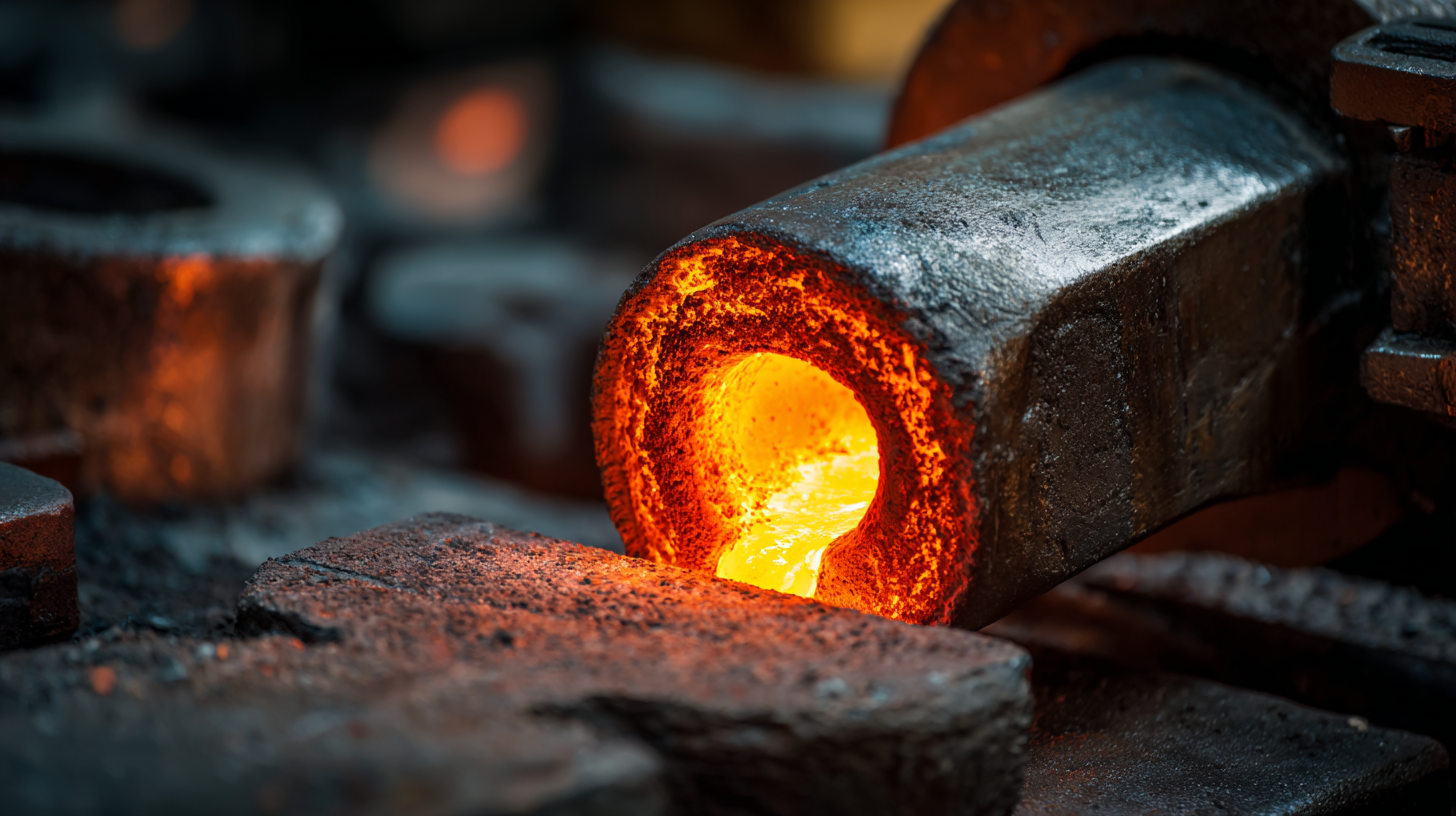
Enhancing efficiency in precision metal casting processes is essential for meeting the increasing demands within the industry. Streamlining the workflow can lead to significant improvements in both production speed and quality. By implementing strategic adjustments in various stages of the casting process, manufacturers can ensure a more effective and faster turnaround on their projects.
One effective strategy is to focus on the selection of materials. Investing in high-quality resins can optimize mold production and enhance the overall durability of castings. As the metal casting segment continues to show promising growth, tapping into advancements in material technology is crucial. Employing resins that reduce internal stresses during thermal processing can greatly improve dimensional stability, allowing for more precise outcomes.
Additionally, integrating advanced simulation tools can aid in identifying potential issues before the actual casting begins. These tools can analyze and predict the evolution of internal stresses, providing insight into how to mitigate problems during production. Regularly training staff on new technologies and techniques can also foster a culture of innovation, ultimately leading to a more streamlined and efficient workflow in precision metal casting.
In the realm of precision metal casting, the integration of advanced technologies is pivotal for enhancing casting accuracy. The advent of modern metal additive manufacturing (MAM) techniques has revolutionized traditional casting processes, offering a new pathway to achieve higher precision and efficiency. According to recent scientific studies, MAM leverages intricate layer-by-layer construction, which not only minimizes material waste but also enables the production of geometrically complex designs that are often unattainable with conventional methods.
Additionally, the implementation of digital tools such as artificial intelligence and predictive modeling plays a crucial role in optimizing casting processes. For instance, real-time prediction and adaptive adjustment methodologies, driven by deep learning algorithms, are currently transforming metallurgical practices. These technologies analyze data related to heat and mass transfer during casting, thereby allowing manufacturers to make informed adjustments on-the-fly, leading to reduced defects and enhanced final product quality. As industries continue to adapt to these innovations, the potential for significant improvements in metal casting accuracy becomes increasingly attainable, paving the way for a more sustainable and efficient manufacturing future.
| Technology | Application | Benefits | Efficiency Improvement (%) |
|---|---|---|---|
| 3D Printing | Prototype Molds | Faster design iteration and reduced material waste | 30% |
| Computer-Aided Design (CAD) | Design Layout | Improved accuracy in design specifications | 25% |
| Simulation Software | Casting Process Simulation | Predict and mitigate defects before casting | 40% |
| Automation | Casting Operations | Reduced labor costs and increased consistency | 35% |
| Real-Time Monitoring | Quality Control | Immediate adjustments to improve final product | 20% |
When it comes to enhancing efficiency in precision metal casting processes, the selection of the right materials plays a crucial role. The metal's properties, such as strength, ductility, and thermal conductivity, significantly affect the final product's performance. Therefore, careful consideration should be given to the specific application requirements and the environment in which the final product will operate. For instance, lightweight aluminum alloys are ideal for applications requiring high strength-to-weight ratios, while bronze may be preferable for its corrosion resistance when exposed to harsh conditions.
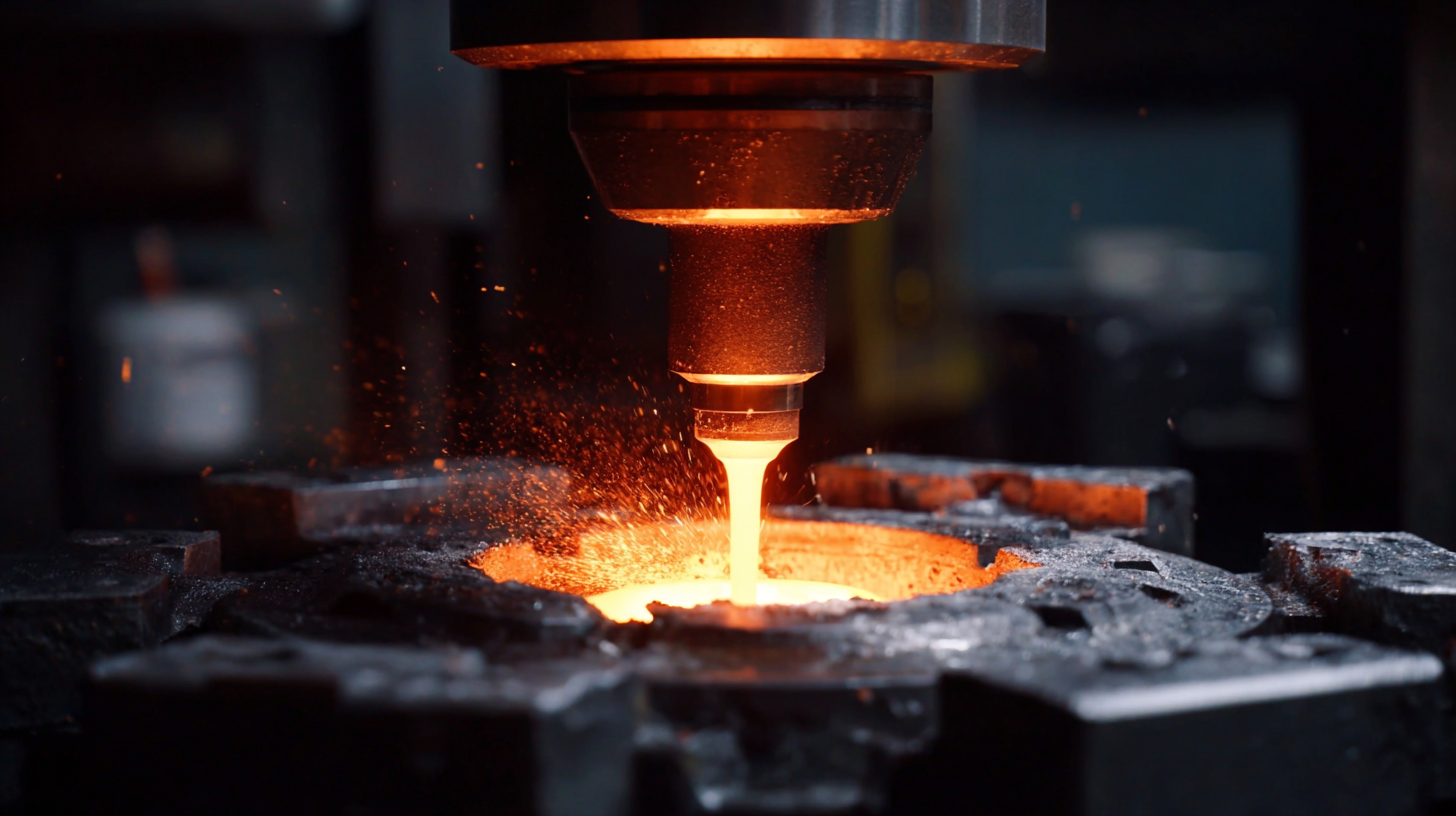
Implementing quality control measures is crucial in precision metal casting processes to reduce waste and enhance efficiency. By focusing on meticulous monitoring at every stage of production, manufacturers can identify defects early in the casting process, preventing an increase in scrap rates and the need for costly rework. Tools such as value stream mapping can help visualize workflows, identify bottlenecks, and ensure quality standards are met consistently.
**Tips:** Consider integrating lean manufacturing principles into the casting process. These principles focus on continuous improvement and minimizing waste, which directly translates to higher efficiency. Encourage employee training on quality assurance techniques to empower them in their roles. Regular audits and feedback loops can also identify issues that may compromise quality before they escalate.
Moreover, adopting advanced technologies like artificial intelligence can significantly aid in quality control. AI systems can monitor production patterns in real-time, quickly identifying any deviations from desired outcomes. This proactive approach not only decreases defect rates but also improves overall production quality, leading to reduced waste and increased profitability.
This chart illustrates the impact of various quality control measures on waste reduction in precision metal casting processes. The measures include Material Inspection, Temperature Control, Mold Design Optimization, and Process Monitoring.
In the precision metal casting industry, the quality of the final product is heavily influenced by the skills and training of the workforce. A recent report from the Foundry Industry Institute indicates that organizations investing in employee training programs see a 25% improvement in casting outcomes, particularly in reducing defects and increasing dimensional accuracy. This highlights the importance of continuous education in equipping employees with the latest techniques and best practices, ensuring that they are not only familiar with traditional methods but also adaptable to innovative technologies such as 3D printing and advanced simulation software.
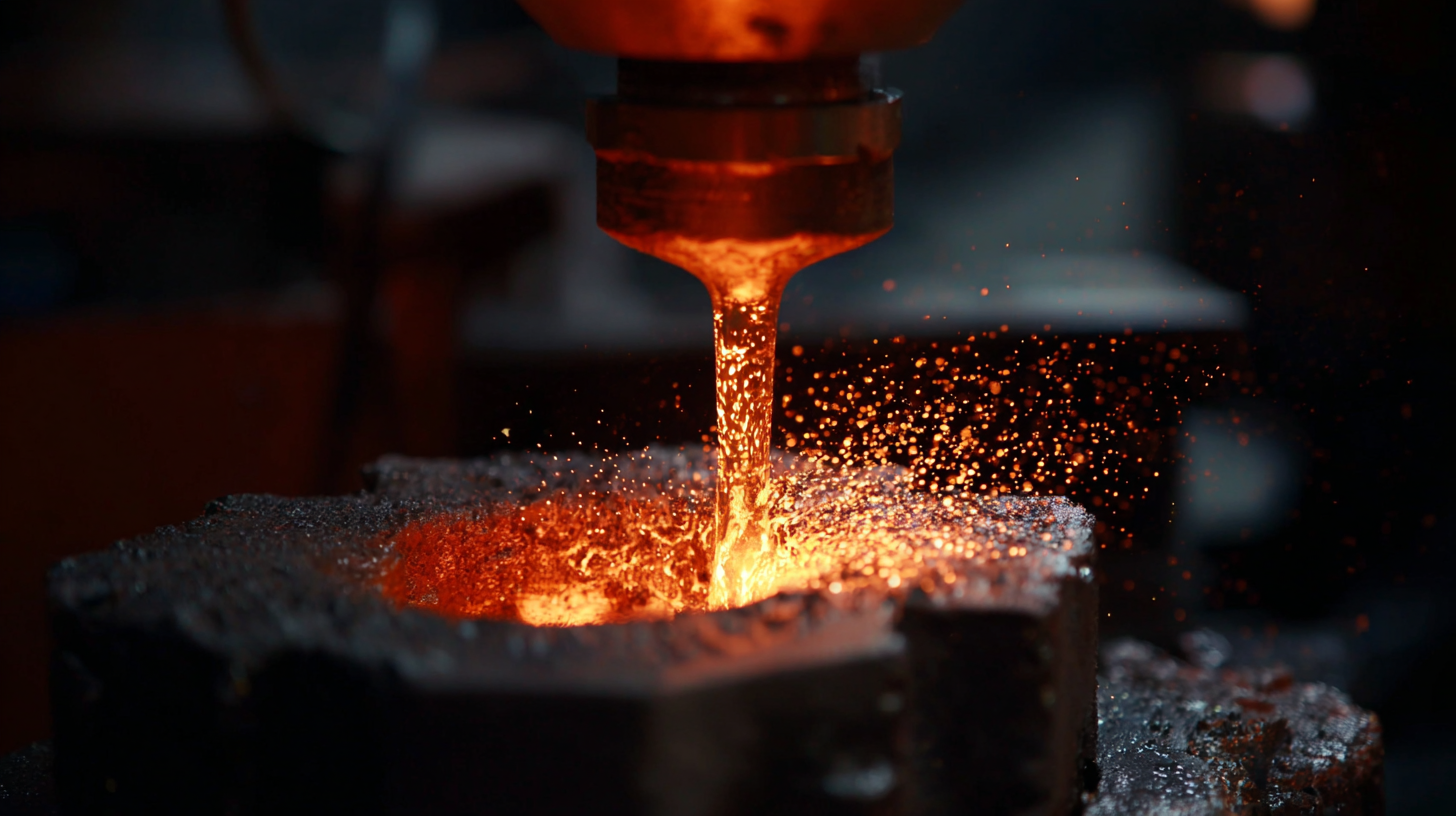
Skill development initiatives, particularly in the areas of quality control and process optimization, have proven essential for enhancing operational efficiency. According to the American Foundry Society, companies that implement structured training frameworks for their teams report a 30% increase in production efficiency. This is primarily due to a deeper understanding of material properties and process dynamics, enabling workers to identify potential issues early in the casting process. Investing in targeted training programs not only addresses skill gaps but also fosters a culture of continuous improvement, ultimately leading to superior casting outcomes and a more competitive edge in the marketplace.


